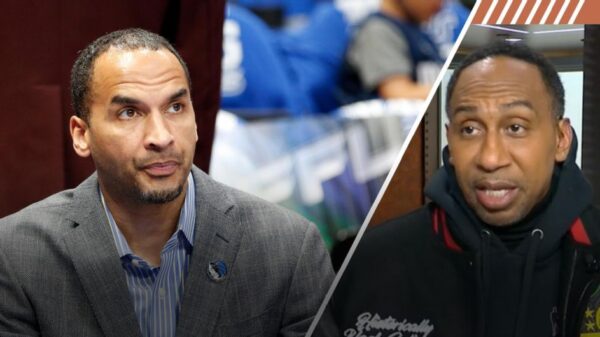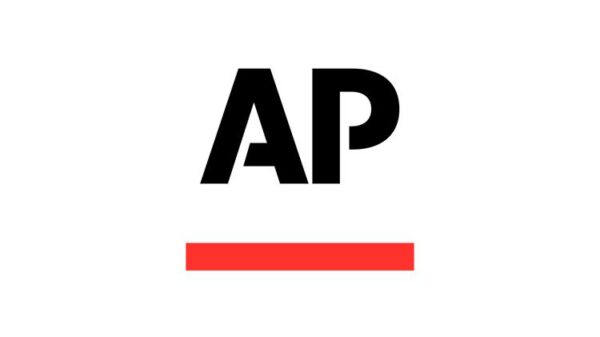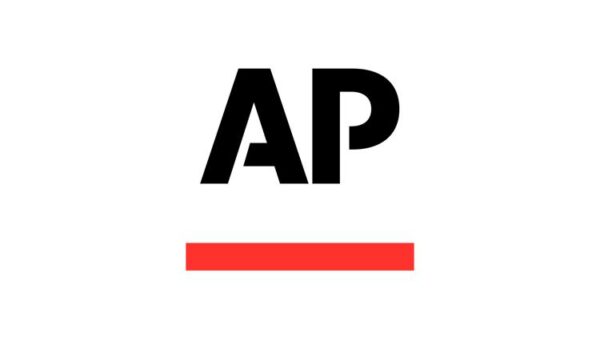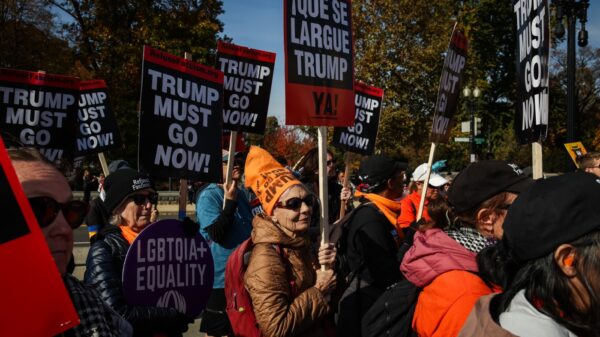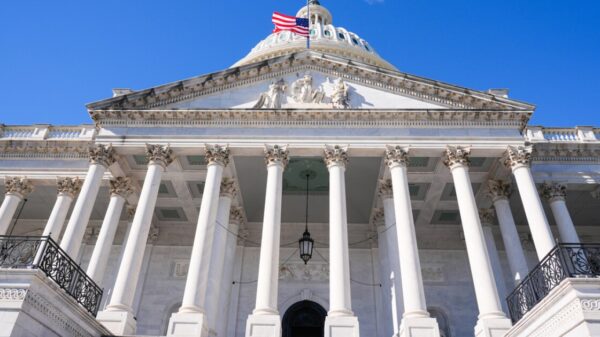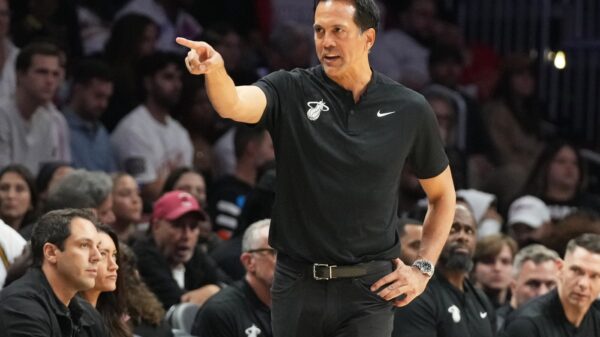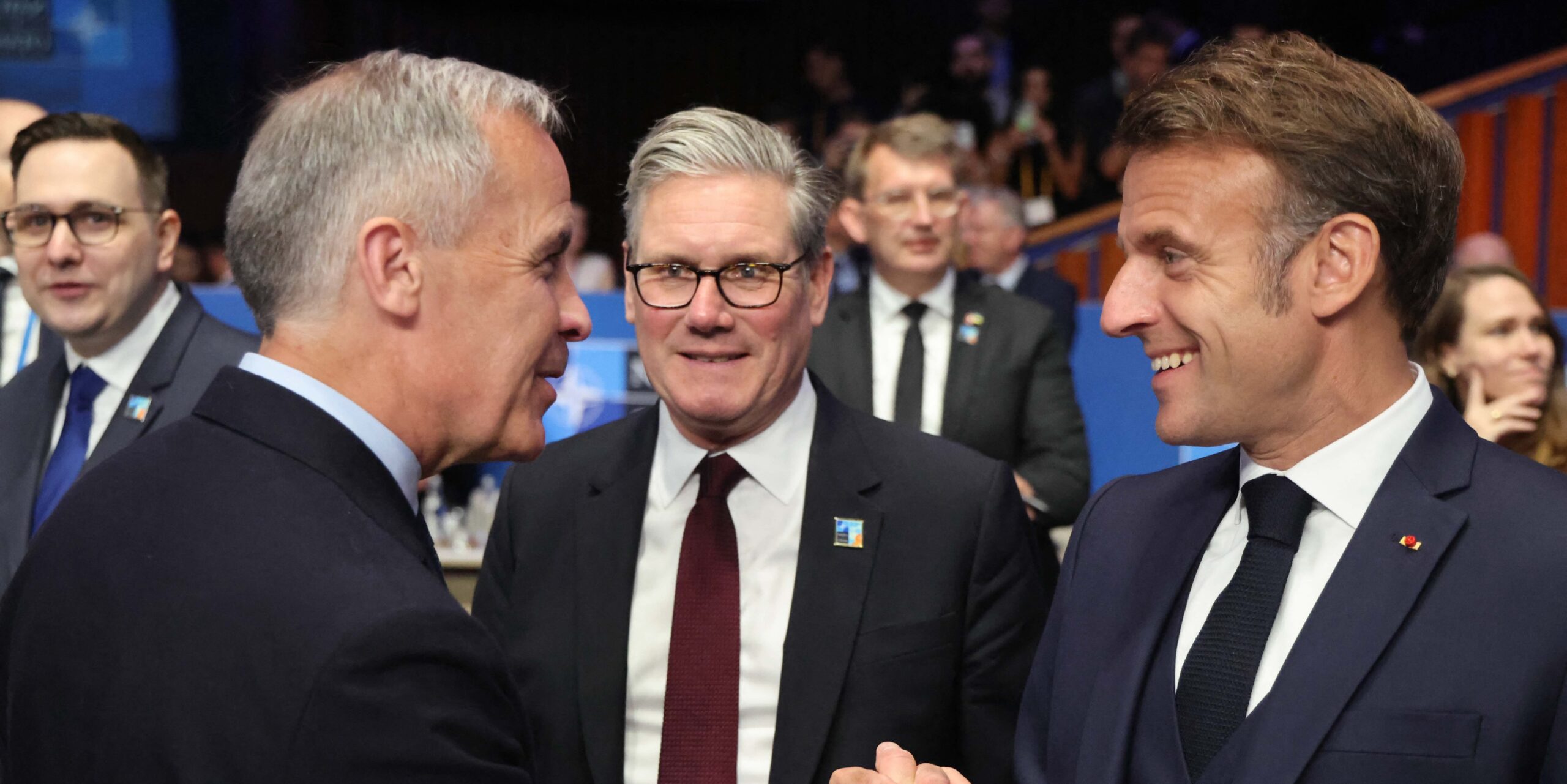World leaders gathered in New York City this week for the 80th Session of the United Nations General Assembly, where the governments of the United Kingdom, Canada, and Australia recognized Palestine as a state. This recognition comes as part of an international trend, with France and Luxembourg joining the movement just as the session commenced. Despite these gestures towards Palestinian statehood, many of these nations continue to supply arms and military support to Israel.
At the U.N. assembly, French President Emmanuel Macron emphasized the urgency for peace, stating, “The time for peace has come because we’re just a few moments away from no longer being able to seize peace.” Similarly, U.K. Prime Minister Keir Starmer remarked on the need to preserve peace amid escalating violence in the Middle East. Yet, both leaders face criticism for their countries’ ongoing arms sales to Israel, which have been linked to military actions in Gaza and the West Bank.
Israeli Prime Minister Benjamin Netanyahu has publicly dismissed calls for Palestinian statehood, asserting, “There will not be a Palestinian state west of the Jordan.” This defiance follows a report from a U.N. human rights commission that concluded Israel had committed acts of genocide in Gaza. The commission’s chair, Navi Pillay, called for the international community to take action, stating that “the absence of action to stop it amounts to complicity.”
Arms Trade Continues Despite Statehood Recognition
Currently, 157 of the 193 U.N. member states recognize Palestine as a state. The U.K., France, Canada, Luxembourg, and Australia have recently joined this majority but maintain military ties with Israel. In September 2024, the U.K. government imposed a partial arms embargo on Israel, halting some export licenses due to concerns over human rights violations. However, the embargo covered only 30 of the approximately 300 export licenses to Israel. Notably, the U.K. pledged to cease sending parts for F-35 fighter jets, which have been involved in operations that resulted in civilian casualties in Gaza.
Reports indicate that the U.K. government has continued to ship F-35 components and other military supplies to Israel. A report from the Palestinian Youth Movement highlighted that the U.K. had exported thousands of bombs, grenades, and other military equipment over the past year, despite its claims of limiting arms exports.
Similarly, the Canadian government announced in early 2024 that it would stop issuing export licenses for arms sales to Israel. However, loopholes have allowed for continued exports, with over $94 million in military goods sold to Israel. A separate report indicated that Canada also exported more than $83 million in explosives to Israel through U.S. deals.
France, which asserts that its military sales are intended solely for defensive purposes, has faced scrutiny for its arms exports. A June report revealed that between October 2023 and April 2025, France delivered approximately $10 million worth of military equipment to Israel, including bombs and missiles. Despite Macron’s public assurances that no weapons were being sent to Israel, critics argue that such exports enable military actions against Palestinians.
Luxembourg has stated that it only supplies defensive weapons to Israel, while Australia has similarly claimed it does not provide arms for offensive use. However, political opposition and human rights groups have raised concerns about Australia’s role in manufacturing components for F-35 jets, which are integral to Israel’s military capabilities.
International Responses and Calls for Action
In contrast to the actions of the U.K., Canada, France, and Australia, some European nations have taken a more decisive stance. Belgium, which also recognized Palestinian statehood, has enacted a total arms embargo on military goods to Israel and is lobbying for similar measures within the European Union. Spain has recently implemented a total arms embargo on Israel, banning the transfer of all military equipment and dual-use technologies.
Norway has divested parts of its $11 trillion sovereign fund from companies involved with the Israeli military, following pressure from advocacy groups. The largest arms supplier to Israel remains the United States, which criticized the recognition of Palestinian statehood as a potential reward for Hamas.
Advocates for Palestinian rights, including Navi Pillay and organizations like Amnesty International, have called for a comprehensive arms embargo on Israel. They argue that halting arms transfers is crucial to ending the violence in Gaza and the systemic oppression of Palestinians. Elizabeth Rghebi, the Middle East and North Africa advocacy director for Amnesty International USA, stated, “If governments want to put meaning behind these gestures or words of condemnation, then these are the type of actions that need to be taken.”
As international dialogue continues around the recognition of Palestinian statehood, the disparity between words and actions regarding arms sales raises significant ethical questions. Critics argue that recognition alone is insufficient without concrete steps to halt military support for Israel, emphasizing the need for accountability on the global stage.



